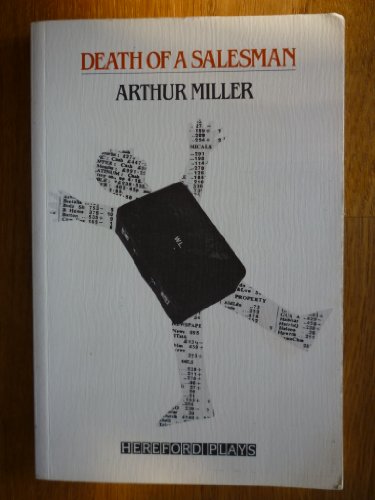Artículos relacionados a Death of a Salesman (Hereford Plays)

"Sobre este título" puede pertenecer a otra edición de este libro.
- EditorialPearson Education Limited
- Año de publicación1969
- ISBN 10 0435225766
- ISBN 13 9780435225766
- EncuadernaciónTapa blanda
- Número de edición1
- Número de páginas108
- Valoración
Gastos de envío:
EUR 7,00
De Reino Unido a Estados Unidos de America
Los mejores resultados en AbeBooks
Death of a Salesman (Hereford Plays)
Descripción Paperback. Condición: Good. All orders are dispatched the following working day from our UK warehouse. Established in 2004, we have over 500,000 books in stock. No quibble refund if not completely satisfied. Nº de ref. del artículo: mon0002694798
Death of a Salesman (Hereford Plays)
Descripción Befriedigend/Good: Durchschnittlich erhaltenes Buch bzw. Schutzumschlag mit Gebrauchsspuren, aber vollständigen Seiten. / Describes the average WORN book or dust jacket that has all the pages present. Nº de ref. del artículo: M00435225766-G
Death of a Salesman (Hereford Plays)
Descripción Paperback. Condición: Good. All items inspected and guaranteed. All Orders Dispatched from the UK within one working day. Established business with excellent service record. Nº de ref. del artículo: mon0000276216
Death of a Salesman (Hereford Plays)
Descripción paperback. Condición: Good. 1970 printing. Cover differs from the one shown. Book is in good condition. Ex-library copy with typical stamps and markings. Nº de ref. del artículo: G0219655
Death of a Salesman
Descripción Paperback. Condición: Fair. Many pencilnotes, 108p. English. Nº de ref. del artículo: 10092880

